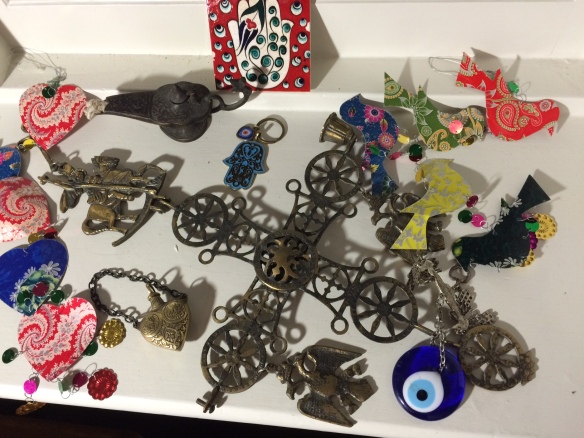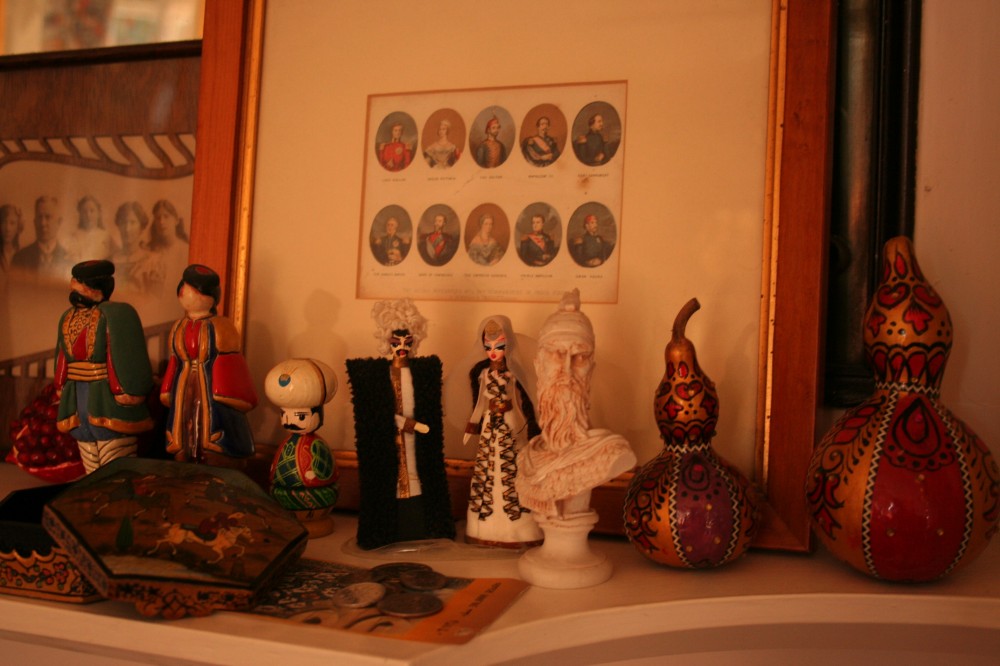
FOOTBALL IS known as the beautiful game. There are plenty of people who like to see sport as metaphor for life. Like many things, football is really just one of many *parts* of life, so perhaps we should recognise it as such and not read too much into it.
Still, based on several recent incidents, I can’t help but wonder if people’s behaviour at football matches doesn’t offer a perspective on societal dynamics, perhaps on a nation’s psyche or even the deeper workings of the human spirit.
Last Friday, a football match in the Greek city of Larissa was delayed when players, coaches and officials sat down as a protest to urge authorities to work harder to cater to refugees coming to Greece and as a mark of respect for refugees who had lost their lives in recent days attempting to cross the Aegean.
It was the Greeks, after all, who gave us the concept of philanthropy (φιλανθρωπία), which translates literally as “love of humanity”.
Apparently in Greek, there are four different words for love, one of which is agápē (ἀγάπη) from whence we get “agape”, but which translates as a sense of brotherly love and charity. Thomas Aquinas saw agápē as the wishing of good upon another.
I can’t help but compare the actions of the footballers in Larissa with the Turkish football fans in Istanbul who booed and jeered during a pre-game minute of silence for the victims of terrorist attacks in Paris last November, just as fans at a match in Konya had earlier disrupted a minute’s silence for the (mostly Kurdish and leftist) victims of the Ankara bombing in October.
Observing a moment’s silence as a mark of respect is not a commonly recognised practice in Turkey, but the actions of the Turkish crowds raised eyebrows around the world, to say the least.
In considering the Turkish crowds, the uncouth behaviour of a portion of a football crowd should not be taken as a reflection of an entire nation or people. The Greeks and the Turks have much more in common – in cultural, social and culinary terms – than nationalists of either strip would ever admit. But for a fleeting second I wondered if, after years of living, travelling, working and researching in Turkey, perhaps I should have been spending my time on the other side of the Aegean…
Until I stumbled across the reaction of Fatih Terim, the manager of the Turkish national team, who decried the “cruelty” of the booing Konya crowd and said better that Turkey had lost the match (after which it qualified for UEFA 2016) and not one life had been lost.
